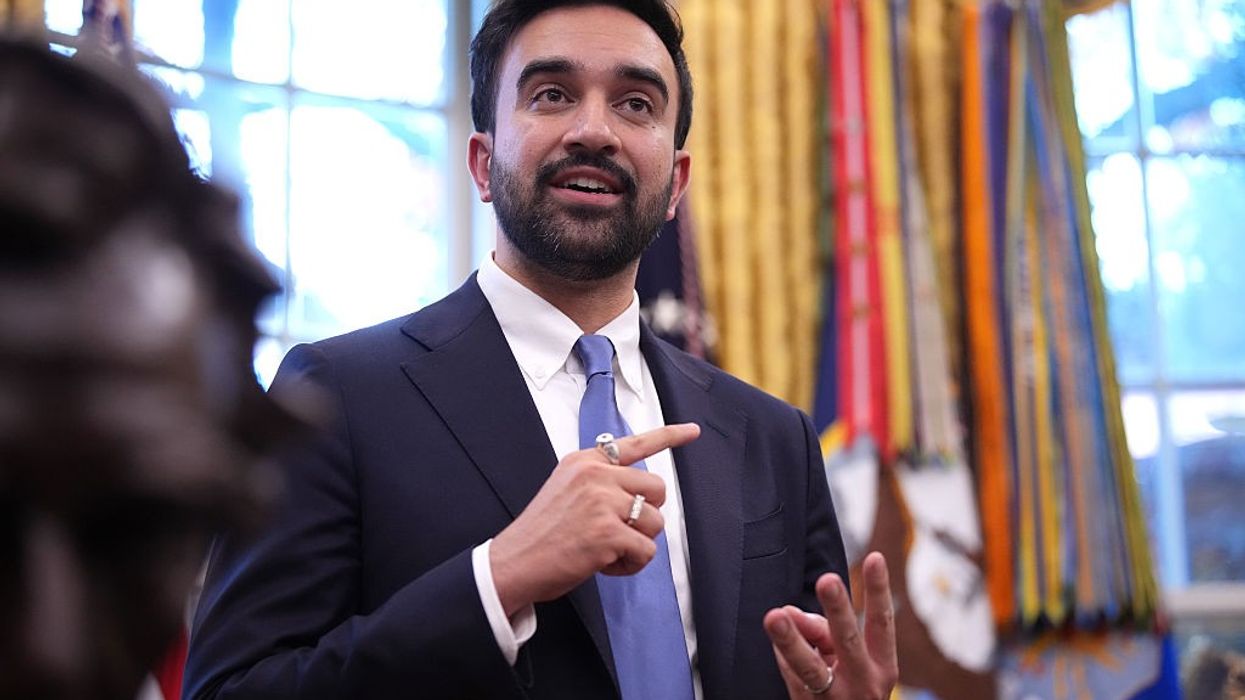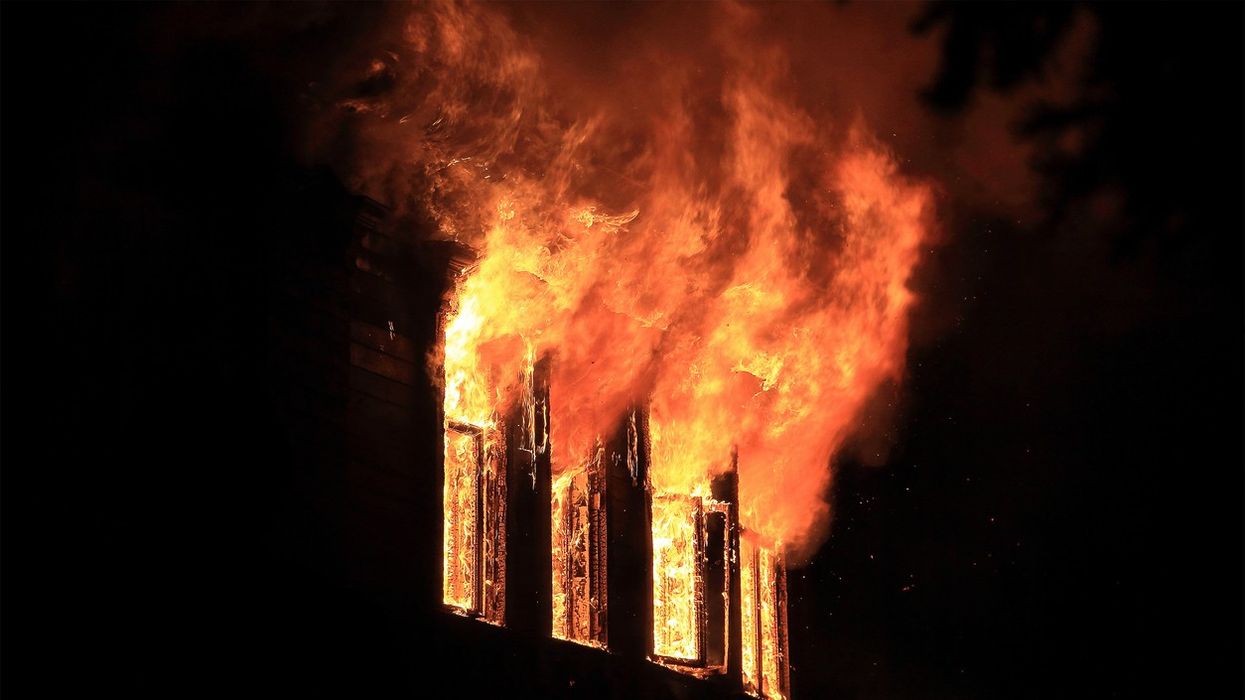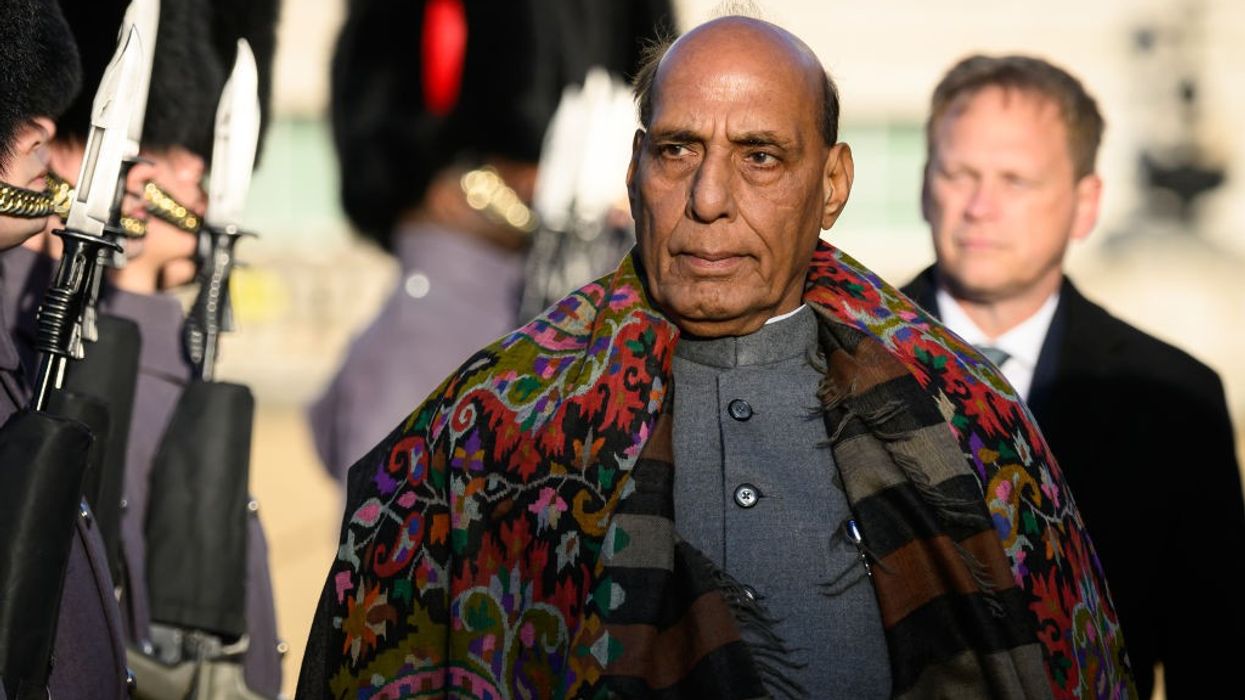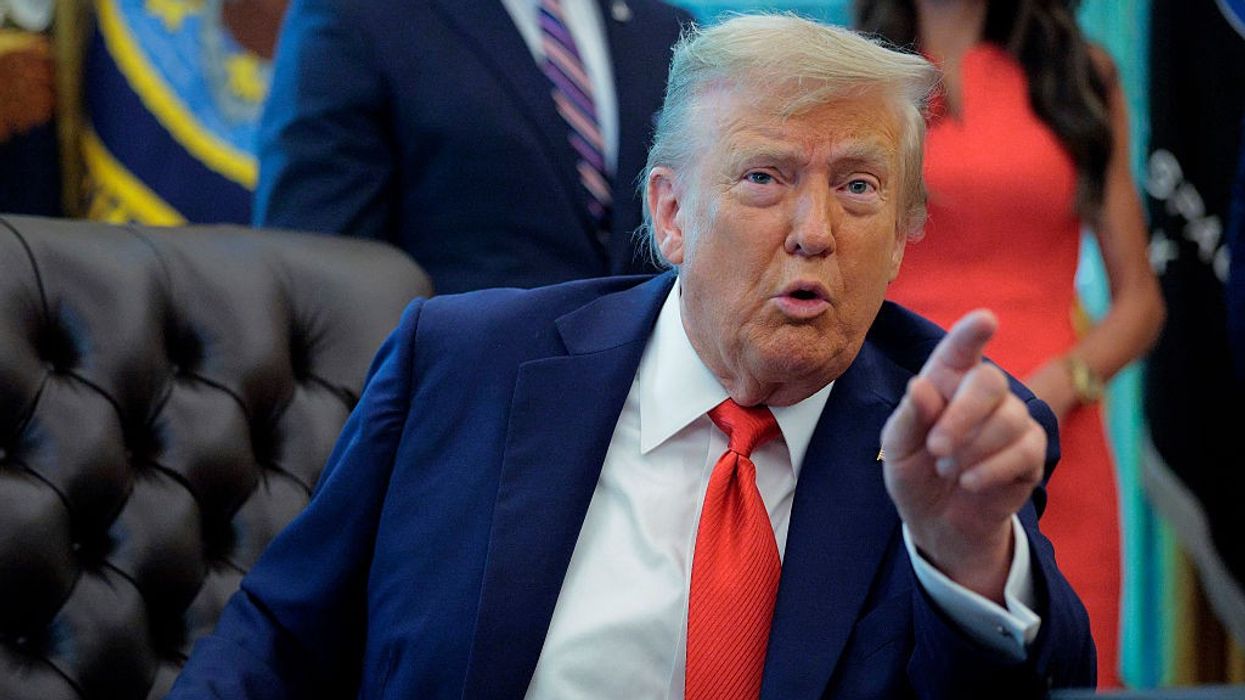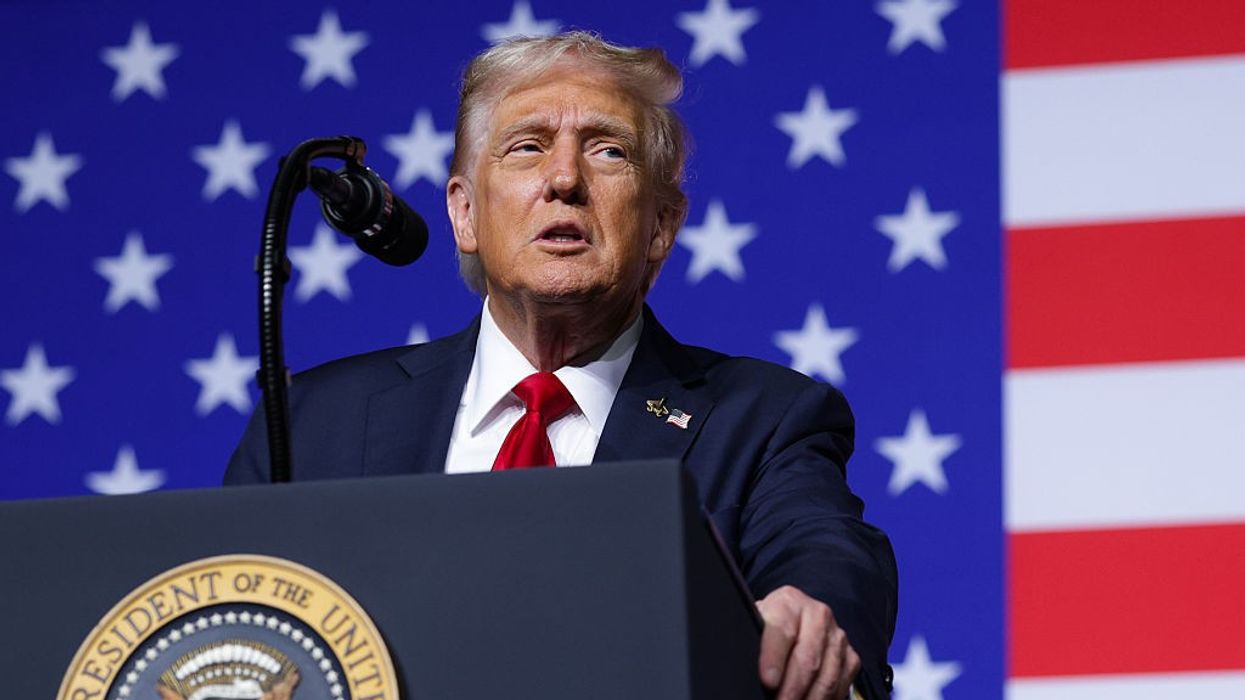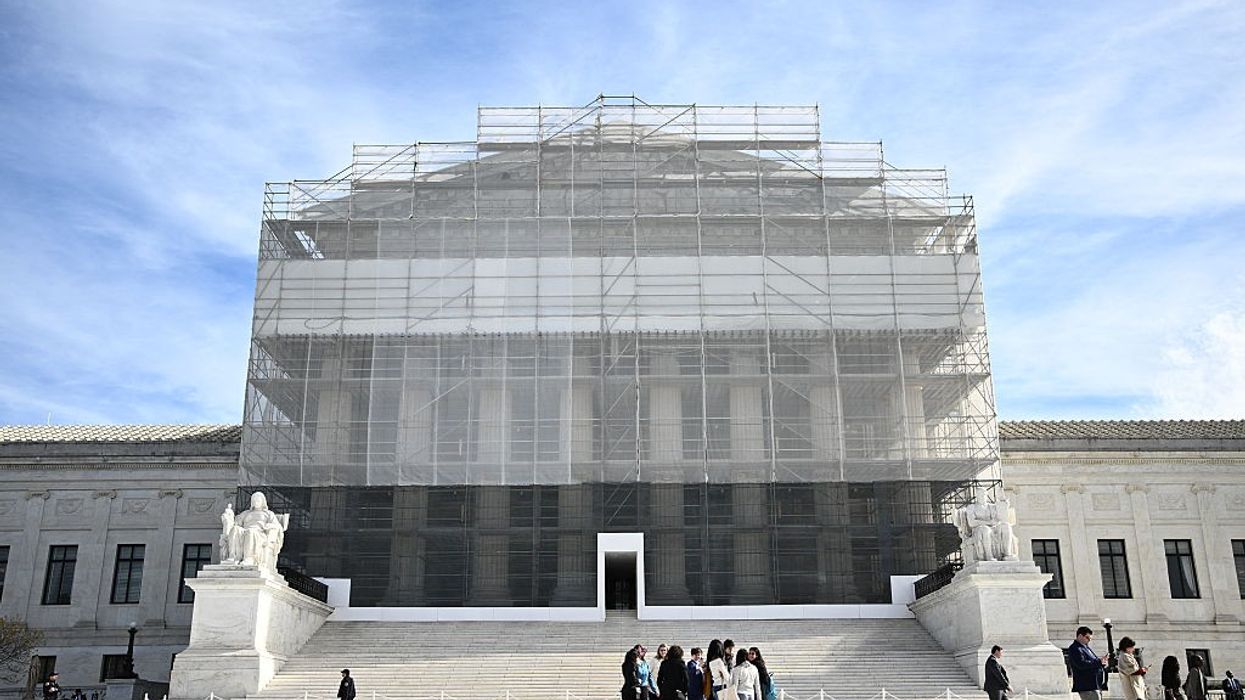AS Iran and Pakistan get involved in a diplomatic row with both countries conducting airstrikes on each other's territory to target alleged militant group hideouts, India has come to the support of the Middle Eastern nation saying the act was one of "self defence", The Hindu newspaper reported.
In a statement on Wednesday (17), the Indian ministry of external affairs said while the matter was a bilateral one concerning Pakistan and Iran, it has an "uncompromising" position on terrorism.
“This is a matter between Iran and Pakistan,” ministry spokesperson Randhir Jaiswal said in the statement.
“Insofar as India is concerned, we have an uncompromising position of zero tolerance towards terrorism. We understand actions that countries take in their self-defence.”
Read: Pakistan launches Operation Marg Bar Sarmachar after Iran airstrikes
On Tuesday (16), the Iranian Revolutionary Guards fired missiles at what it claimed two "important" bases of the Jaish al-Adl militant group in Pakistan's Balochistan province bordering its territory. The incident saw deaths of two children and Islamabad strongly condemned the attacks and said it reserved rights to respond.
Read: Airstrikes: Pakistan recalls envoy from Iran, says it 'reserves right to respond'
On Thursday (18), Pakistan conducted retaliatory air strikes on Iran's Sistan-o-Baluchistan province bordering its Balochistan province in which 11 people were reportedly killed, including women and children. Ahead of the attack, Pakistan also downgraded its diplomatic ties with Iran.
The Indian ministry, however, did not comment on Iran's strikes on the soil of its other neighbour Iraq and Syria -- the same day.
On January 3, two explosions rocked a ceremony marking the fourth anniversary of the assassination of former Iranian military leader Qasem Soleimani at his grave in eastern Kerman, killing nearly 100 people and leaving more than 280 injured.
The January 16 strikes also happened a day after Indian external affairs minister Subrahmanyam Jaishankar concluded his two-day visit to Iran, where he met its president Ebrahim Raisi and held talks with his Iranian counterpart Amir Abdollahian. He is also set to meet the latter at the Non-Aligned Movement in Uganda starting on Friday (19). Besides, the secretary of Iran's Supreme National Security Council is likely to visit India in a few days to meet its national security adviser Ajit Doval, suggesting that the two nations are boosting their diplomatic ties.
India and Iran also inked an agreement during Jaishankar's visit to further develop the host nation's Chabahar port, seen by strategic experts as a counter to the China-backed Gwadar port in Pakistan. The Indian diplomat also reviewed regional and international developments during his visit to Tehran, Iran's official IRNA news agency reported.
India and Iran on Monday signed an agreement on the further development of the Chabahar Port. External Affairs Minister S Jaishankar, who is in Iran as part of ongoing talks between the two sides, also reviewed regional and international developments, Iran’s official IRNA news agency stated.
India's apparent defence of Iran also comes at a time when tension is growing in the Middle East between Iran and the US, also a close ally of India, over Israel's military adventurism in Gaza and American strikes in Yemen and attacks by Houthi rebels on vessels in the Red Sea.
Meanwhile, China, an all-weather friend of Pakistan, said it was keen to meditate between Pakistan and Iran and urged them to exercise calm.
Mao Ning, spokesperson of the Chinese foreign ministry, said in a press conference, “The Chinese side sincerely hopes that the two sides can exercise calm and restraint and avoid an escalation of tension,” foreign ministry spokeswoman Mao Ning told a regular press conference.
“We are also willing to play a constructive role in de-escalating the situation if both sides so wish,” she said.
Pakistan's Dawn news outlet slammed India in a report saying while Iran's strikes "were perceived by Pakistan as not only a breach of sovereignty but also a potential catalyst for broader regional conflict, which is particularly alarming in the current tense regional climate", New Delhi was further complicating the situation. It also accused India of "leveraging the pretext of terrorism" to target Pakistan.


